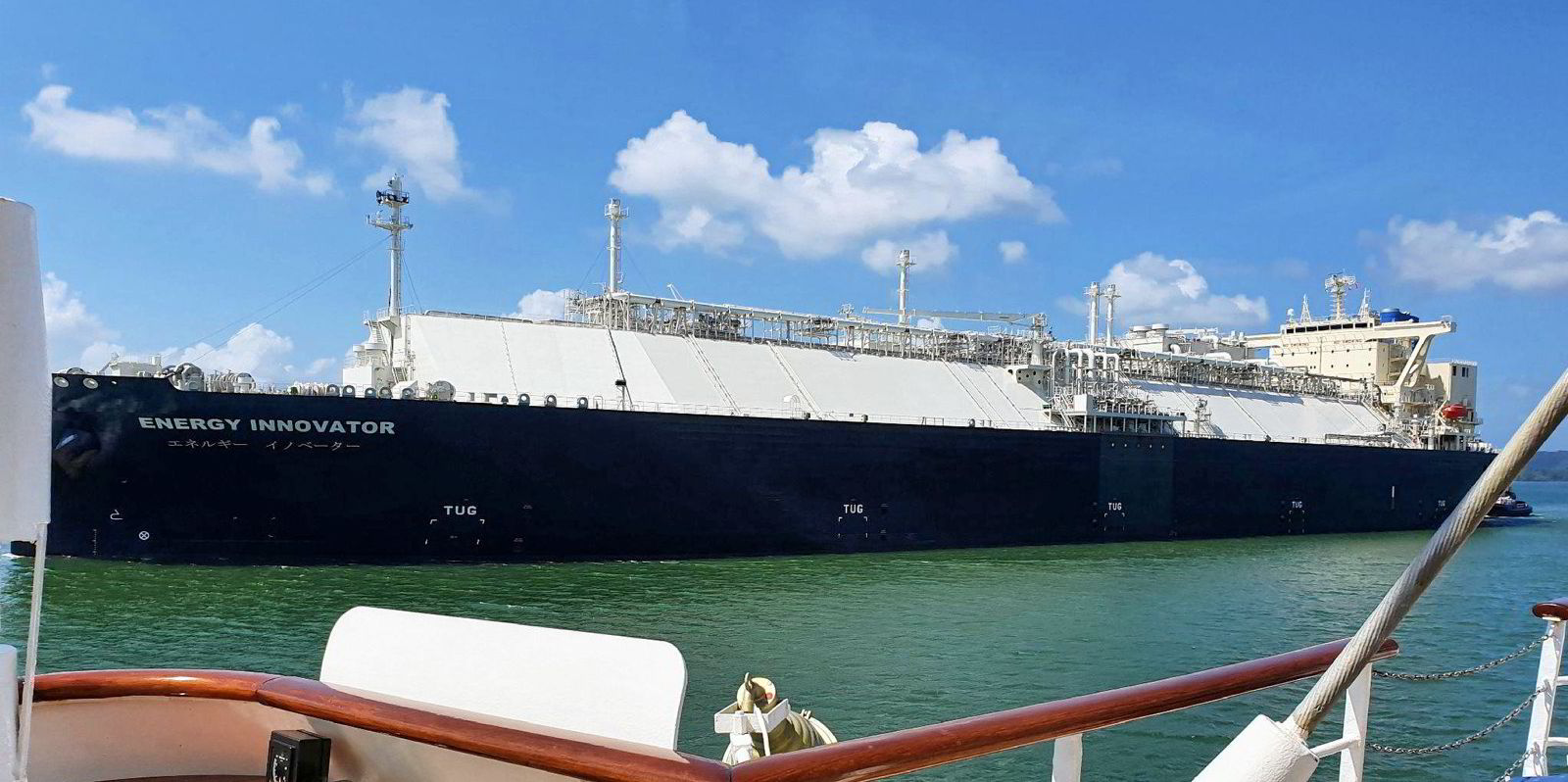Three more leading Japanese banks have signed up to the Poseidon Principles for sustainable ship finance.
MUFG Bank, Shinsei Bank and Sumitomo Mitsui Trust Bank have now joined the initiative.
The Poseidon Principles provides a framework for aligning ship finance portfolios with environmental targets.
The signatories commit to align their investment portfolios with the International Maritime Organization’s target to reduce annual greenhouse gas emissions by at least 50% by 2050.
The recent enthusiasm from Tokyo’s financial circles for the scheme comes after Prime Minister Yoshihide Suga promised Japan would lead international efforts to tackle climate change. Japan is targeting net-zero emissions by 2050.
The new entrants to the Poseidon Principles join Sumitomo Mitsui Banking Corp and Sumitomo Mitsui Finance and Leasing.
MUFG Bank said: “Through its participation in the Principles, MUFG will further support clients’ initiatives to reduce environmental impact in order to support the shipping industry’s climate change initiatives and sustainable growth.”
After a slow start, Japanese lenders now represent five of the Poseidon Principles' 24 signatories.
However, there has generally been a slow take up among Asian banks compared to their Western counterparts.
Chinese ship finance banks are yet to commit to the Poseidon Principles.
Regional banks like Ehime Bank, Iyo Bank and Hiroshima Bank, which are located outside Tokyo and play an important part in financing Japanese-built ships, have also yet to join.
Poseidon Principles chairman Michael Parker recently said he expected that the addition of new members would see roughly 50% of all ship finance debt covered by the scheme.







